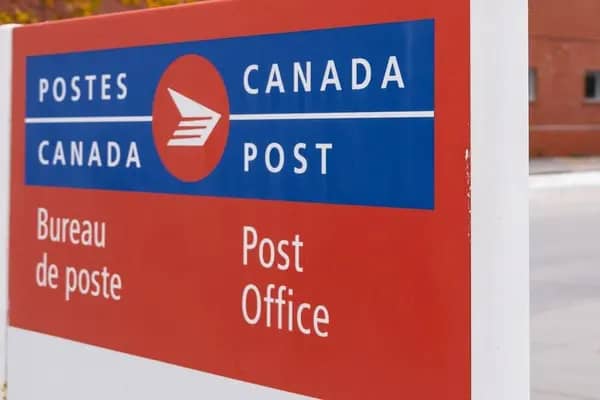The federal government has asked the Canada Industrial Relations Board (CIRB) to order 55,000 Canada Post workers back to work, following a strike that began on November 15. On Friday morning, Labour Minister Steven MacKinnon announced that he was seeking the CIRB’s intervention and appointing an “industrial inquiry commission,” which will have until May 22 to explore ways to resolve the contract dispute. In the meantime, the strike will be paused, and workers and management will operate under the terms of the expired contract, which has been in place for almost a year. “We’re calling a timeout,” MacKinnon said during a press conference.
MacKinnon emphasized the importance of restoring postal services while ensuring a fair balance between the rights of workers, the employer, and Canadians. “Canadians cannot continue to bear the consequences of this impasse,” he stated. “Our priority is to restore postal services while ensuring a fair balance between the rights of workers, those of the employer, but also those of Canadians.” The CIRB is expected to make a ruling on the request by early next week, with government sources suggesting the request is unlikely to be rejected. However, it is unclear when Canada Post employees would return to work, as the CIRB plans to convene both parties soon to determine the next steps.
The Canadian Union of Postal Workers (CUPW) strongly condemned the government’s intervention, calling it an attack on workers’ constitutionally protected right to collectively bargain and strike. The union accused the government of using its power to shield employers from accountability and of obstructing fair bargaining processes. Canada Post said it was reviewing the minister’s announcement and would cooperate with the new process, looking forward to welcoming its employees back to work.
Labour law expert David Doorey suggested that either side might reject the proposals put forth by the commission, which could lead to the resumption of the strike after May 22. Doorey noted that if a deal isn’t reached by then, the parties would be back in a legal strike and lockout position, but the government could take further action such as implementing back-to-work legislation, asking the CIRB for binding arbitration, or even ordering CUPW to hold a vote on the management’s latest offer.
Larry Savage, a professor of labour studies, said that while the government hopes the inquiry commission’s recommendations will lead to an agreement, the government could still impose them if necessary. Savage also pointed out that the use of an industrial inquiry commission was unusual and allowed the government to avoid directly handling the issue, especially with the possibility of an election before the commission’s recommendations are delivered.
The government’s decision to delay intervention has strengthened its legal position, according to McMaster University labour studies professor Stephanie Ross. She argued that by letting the situation unfold, the government now has a stronger case for claiming an impasse. Meanwhile, business groups criticized the timing, stating that the move comes too late to salvage the busy holiday season, with small businesses facing a massive backlog of mail and parcels. Dan Kelly, president of the Canadian Federation of Independent Business, warned that it would be nearly impossible for new shipments to reach Canadians before Christmas.
No formal mediation has taken place since November 28, when the mediator ended talks, stating that the two sides were too far apart to reach an agreement. The union’s latest proposal, submitted through a federally-appointed arbitrator on Monday, lowered its wage demands to a 19 percent increase over four years from the original 24 percent. It also included a guarantee of 20 hours per week for part-time workers. Canada Post rejected the proposal, claiming it would add $2.9 billion to the company’s costs over the next four years. In response, Canada Post proposed a wage increase of 11.5 percent over four years, along with additional paid leave and protections for pensions and job security. The union initially demanded a 24 percent wage hike and proposed that Canada Post expand into banking. Additionally, Canada Post wants to implement weekend deliveries with more part-time staff, while the union insists that full-time workers should be assigned weekend shifts.



